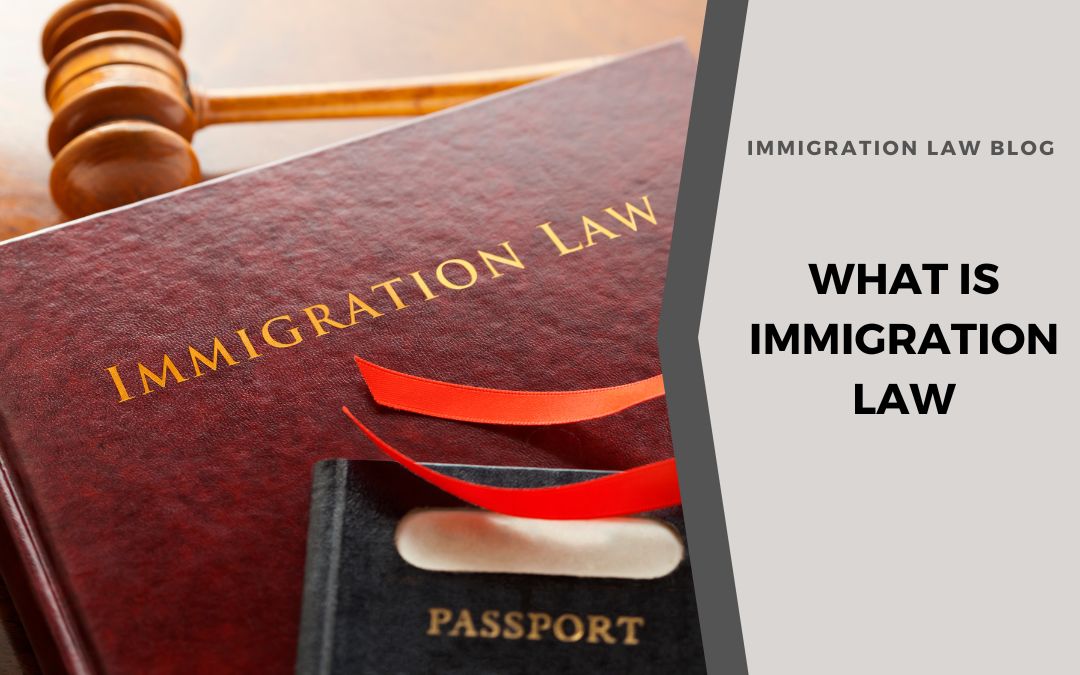According to Georgetown Law, Immigration Law relates to the attainment of citizenship and temporary or permanent relocation of individuals from one country to another. Immigration spans a wide range of legal issues, practice settings, and geographic locations.
Many lawyers in immigration law are engaged in direct service work helping clients go through the right steps in obtaining the legal right to work or stay in the United States. Others work with the government on enforcement of immigration laws. Immigration lawyers work in non-profit organizations, private immigration law firms, or federal, state or local government agencies.
FREQUENTLY ASKED QUESTIONS ABOUT IMMIGRATION LAW:
- What is a Visa and how can I get one?
- Who Processes Visa Applications?
- What type of visa is a work permit?
- What is the visa waiver program?
- How long can you stay on a visa program?
- How long does it take to get a visa?
- How Can I Legally Hire a Non-Citizen as an Employee?
- What Does a Non-U.S. Citizen Need to Work in the U.S.?
- Employee vs. Foreign Contractor: What’s the Difference?
- How Can I Hire a Foreign Contractor?
- Do Foreign Contractors Have to Pay U.S. Taxes?
- What Is U.S. Constitutional Law and Why Is It Important?
- What Does a Constitutional Lawyer Do?
- How Many Constitutional Rights Are There and What Are They?
- What Can I Do If I Feel My Constitutional Rights Have Been Violated?
- What Are Civil Rights and Why Are They Important?
- Civil Rights versus Civil Liberties
- What Does a U.S. Civil Rights Attorney Do?
- What Is Considered a Civil Rights Violation?
- Can Your Civil Rights Be Taken Away?
- What Can I Do If I Feel My Civil Rights Have Been Violated?
- Can You Sue for Civil Rights Violations?

